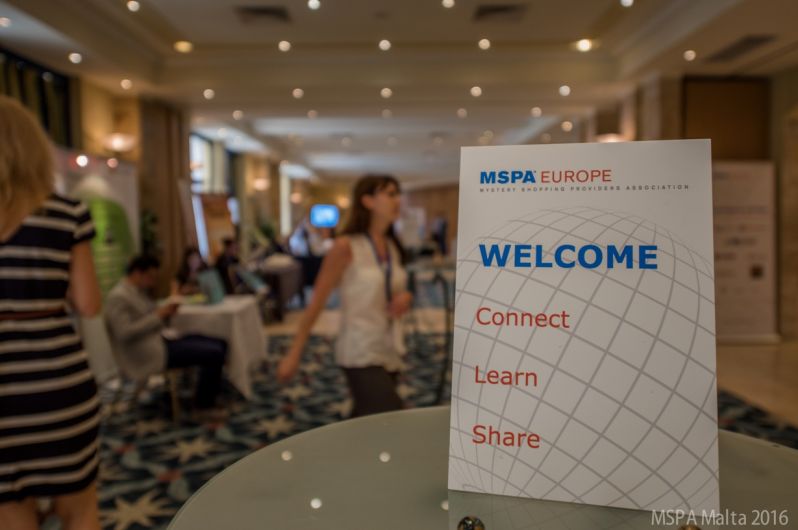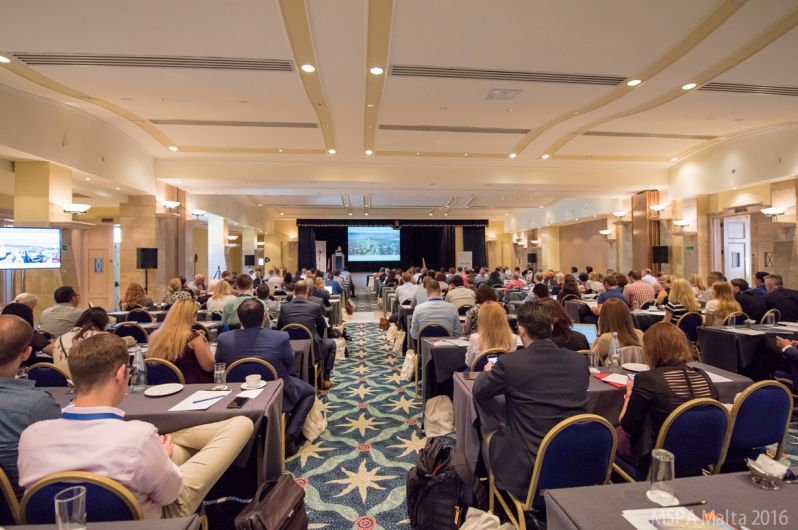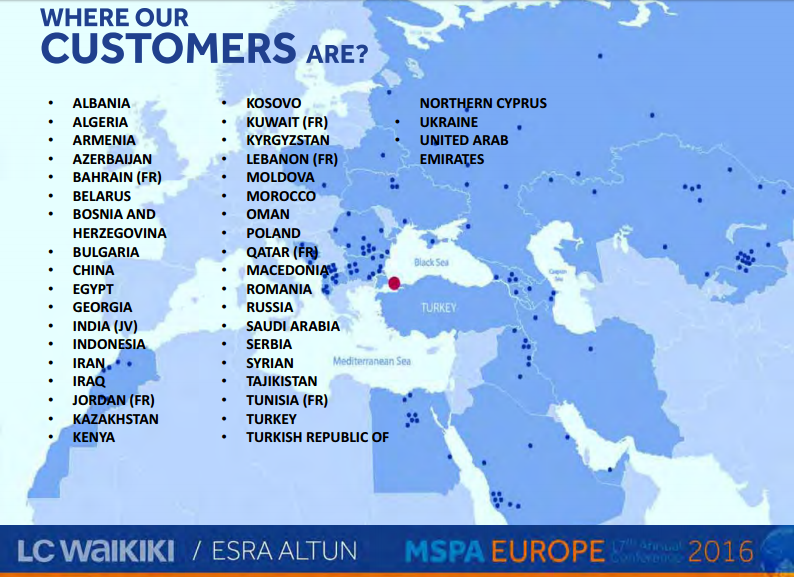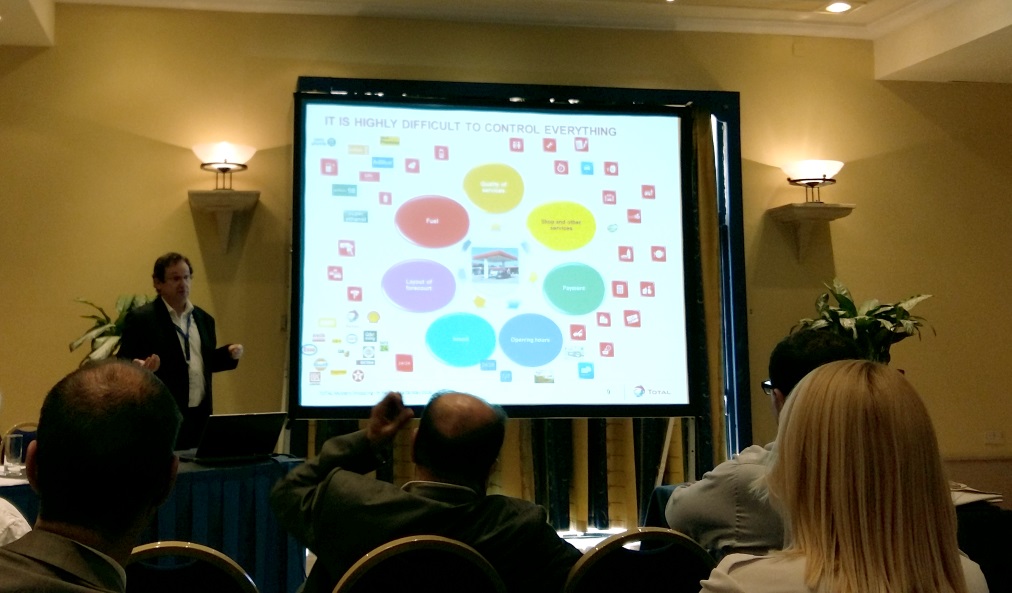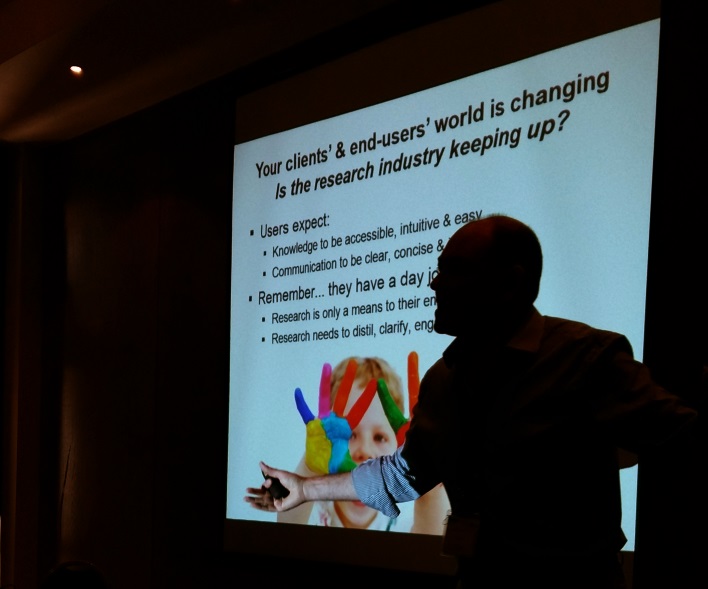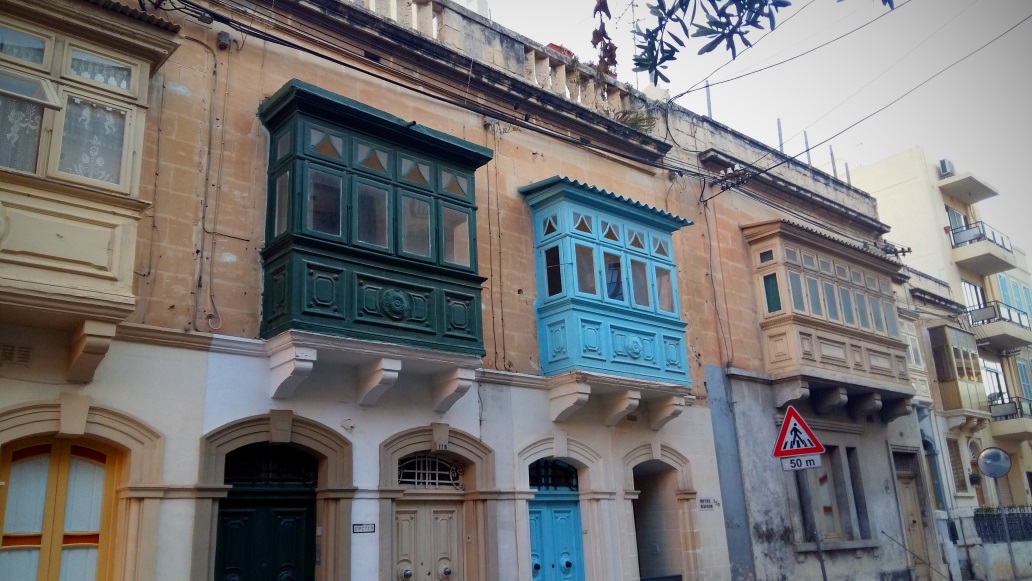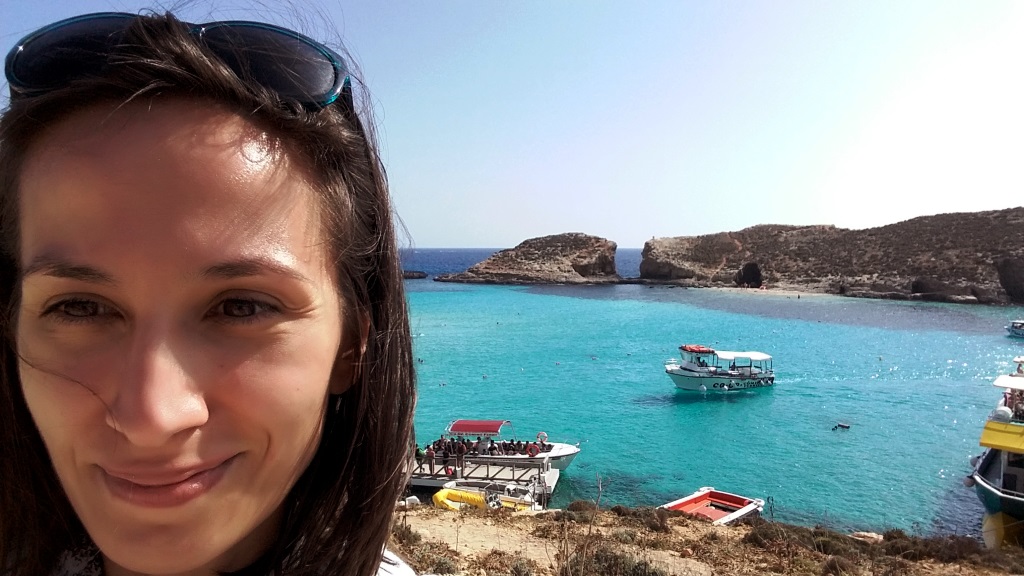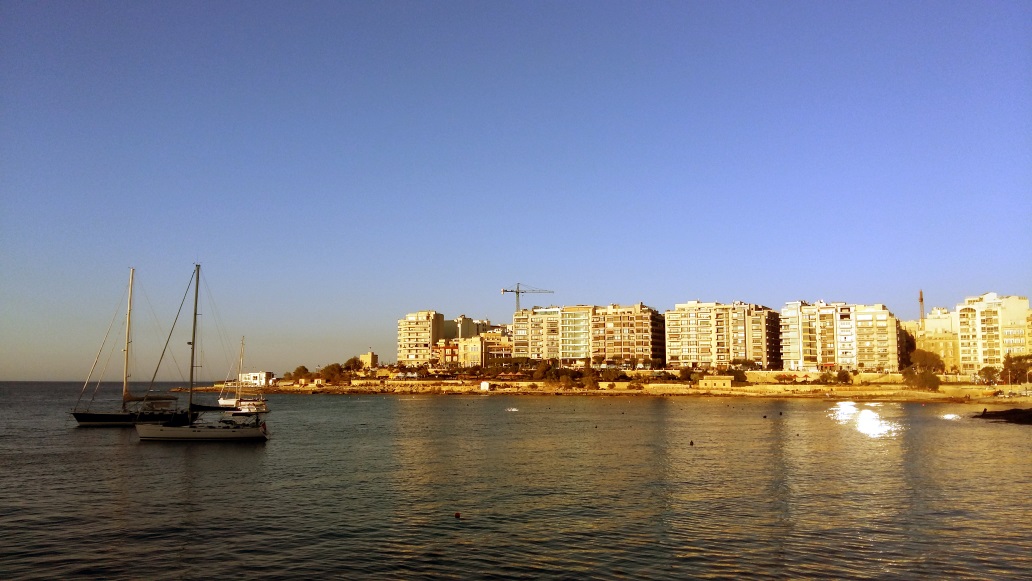The 2016 MSPA Europe conference: Customers define quality differently from companies
At the end of May 2016, the Mystery Shopping Providers Association held its annual conference in Europe for the 17th time. Within 2 days over 240 specialists and clients from 48 countries all over the world gathered and exchanged experience, discussed industry problems and envisioned the potential in this particular field of marketing research.
We spoke to Juliana Goranova, Senior Researcher at Client X, who returned from Malta: about the event, the participants and its meaning for the companies and mystery shoppers in Bulgaria.
The motto of this year conference was Your Future Now! What did the organizers actually mean by that?
Nowadays the future is very often associated with technology and its development. The organizers reminded us that today mystery shopping and technology go hand in hand and there are virtually no companies that do not use their own platform, mobile apps are developed and so on.
On the other hand, social networks and technology, in a sense, threaten mystery shopping, as more people than ever now have a direct and much easier way to provide customer satisfaction feedback. Of course, there are some limitations – for example, unlike mystery shopping, the environment remains uncontrollable, it is not possible to make an objective comparison between different outlets within a retailer chain’s network and so on.
The organizers meant to remind us about all of the advantages of the service we offer and how actually it could benefit from technological advances, without being under threat.
How was the 17th conference different from the previous editions?
To me, it was more important that this conference did not differ from the previous ones in one aspect – we had the opportunity to meet in person, face to face, with our partners from all of Europe, to have conversations richer than emails and phone calls, to exchange personal experience, to ask for advice, to share our challenges, knowing that we would be met with understanding.
Can you distinguish any talks and presentations that surprised you or brought new insight to you?
As usual, the organizers had taken care to provide a variety of topics and lectors. Presentations of case-studies are the most interesting, especially those dealing with industries that we also actively serve.
This year we had one very special person – one of the managers of LC Waikiki – Mrs. Esra Altun (Director of Retail Internal Audit & Process Assurance), who is directly involved with the mystery shopping project in this large company. LC Waikiki was originally established as a French brand, with manufactories in Turkey, but consequently it has become a local brand. Currently the company is in the top three employers in Turkey. Their mystery shopping program is conducted in 48 countries, including Bulgaria, where Client X manages the project. To me, it was exciting to find out how we are part of a really big organization, which invests efforts and resources to offer the best product and service to its customers. During the presentation I felt as one of the few selected, together with the rest of the colleagues who work on the LC Waikiki project :)
Which are the good practices you learnt about that you would like to take home from the conference?
Many of them we already know and apply in our daily work. I hope that for the future we would make a better use of technology and particularly of our evaluators’ mobile devices. We could develop training applications, monitoring functionality during each evaluation, even immediate questionnaire completion on the spot (where the methodology allows it). My impression is that these are used sporadically in Europe, but this is what the future holds and we should not miss the opportunity to take part.
It has been a recent tendency during similar events to have agencies talk how offering complimentary services to companies would bring added value to the mystery shopping service as a whole. Were there any case studies or examples of that? What do you think about such an approach?
It’s important that we offer not just quality service, but also add value in a way that makes us recognizable for our clients and they can gain more benefits. Of course, this is true for any company, no matter of the industry.
I liked the presentation of Total, given by Hervé Fauve (global head of Total Top Service) together with the colleagues from their mystery shopping program – an integral part of the monthly measurements of their success. They told us interesting stories from their experience, such as the entry to the African market, considering its specifics, as well as some new techniques for customer satisfaction measuring using locally installed devices (accessible by any end client) and others.
Another point from the presentation also attracted my attention. The mystery shopping results remained constant for 3 years despite the changes to the questions, their order and shopping scenarios. The mystery shopping agency then came forward with a suggestion which eventually proved successful. Total accepted it originally and decided to conduct a large-scale study on their customers’ satisfaction. Its purpose was to compare their clients’ exact desires and needs with the current corporate standards of quality. It turned out there were significant differences. So they took important decisions, made major changes, conducted trainings etc., and these were not an easy task for such a large company with operations on several continents. Currently the mystery shopping program has been resumed, already considering the new standards, and the differences in the results became immediately evident.
The conference agenda covered methods for avoiding fraud prevention and guaranteeing the validity of the data collected by mystery shopping. What are the industry standards in this regard? How does Client X deal with fraud prevention?
This topic is inexhaustible. It will always concern us, as providers, and our clients as well – how to guarantee that mystery shoppers deliver objective and reliable information. The main methods remain the same – providing the check date and time, an employee’s name, a receipt (if purchase was required), a photo of the outlet and, if possible, GPS coordinates and tracking, a function available on almost any smartphone. The detailed experience report, which uncovers the chronology of events during the visit, also assists the process of identifying if the rules of the scenario were kept.
Audio recording during the check becomes a popular method too. However, in Bulgaria as well as in Europe, recording has to be applied with caution and only after the explicit written permission from employees that they agree to be recorded by a third party. Otherwise, this becomes illegal.
You are a regular participant in this forum. Where is European mystery shopping headed to? What development do you expect to see in the next few years?
Mystery shopping is becoming more and more popular among both companies and end customers. Many of the colleagues has developed projects for evaluating and awarding the best performing employees and/or companies. They also give stickers, making those outlets recognizable for the average person – so they know where to expect the best service quality. In Malta, for example, the certification process for hotels and restaurants must go through a cycle of various checks, including mystery shopping.
The MSPA conference in 2017 will be in Belgrade, Serbia. Do you think the Balkans are different in terms of the quality of service and its measurement? Where is Client X on the map of Southern Europe?
You know that mystery shopping originated as an idea in the West, reaching us much later because of many political and economic reasons. The mystery shopping service in Bulgaria, as well as on the Balkans, started its dynamic development only in the last 10-15 years, so there is much experience we can draw from our colleagues in the West.
However, the rapid technology boom (including also the large penetration of the Internet among the population) in this type of marketing research happened at the same time both in the West and in the East. This gives me the arguments to say that the quality of the offered service is comparable.
Regarding the service quality that we all receive as customers, there would be always space for improvement. The observation, based on our experience in Bulgaria, is that this kind of marketing research is not so widely spread as it is in the West. Most inquiries come from international companies with local branches, as well as from large businesses. Nevertheless, I think we can see a positive tendency as the interest of small companies has been growing recently. This means that the quality of service received by the end customer has been recognized as a really important factor.
Can you describe Malta in a couple of sentences?
As with any trip to a new place, there were also interesting things that I learned. There, houses have names instead of numbers.
The sea is rather blue and beautiful, but sand beaches, as we know them in Bulgaria, are few. The bus will stop only if you wave your hand. Passengers may get on only from the front door, where they pay, and may get off only from the back doors. I didn’t find many local products, but the influence from Italy is very strong, especially concerning food. As for the pizza, the price is the same on the beach, in downtown, and at the airport.J
In 2015 Juliana Goranova and Ana Godinova took part in the annual MSPA conference. Back then they shared some interesting details first-person.

